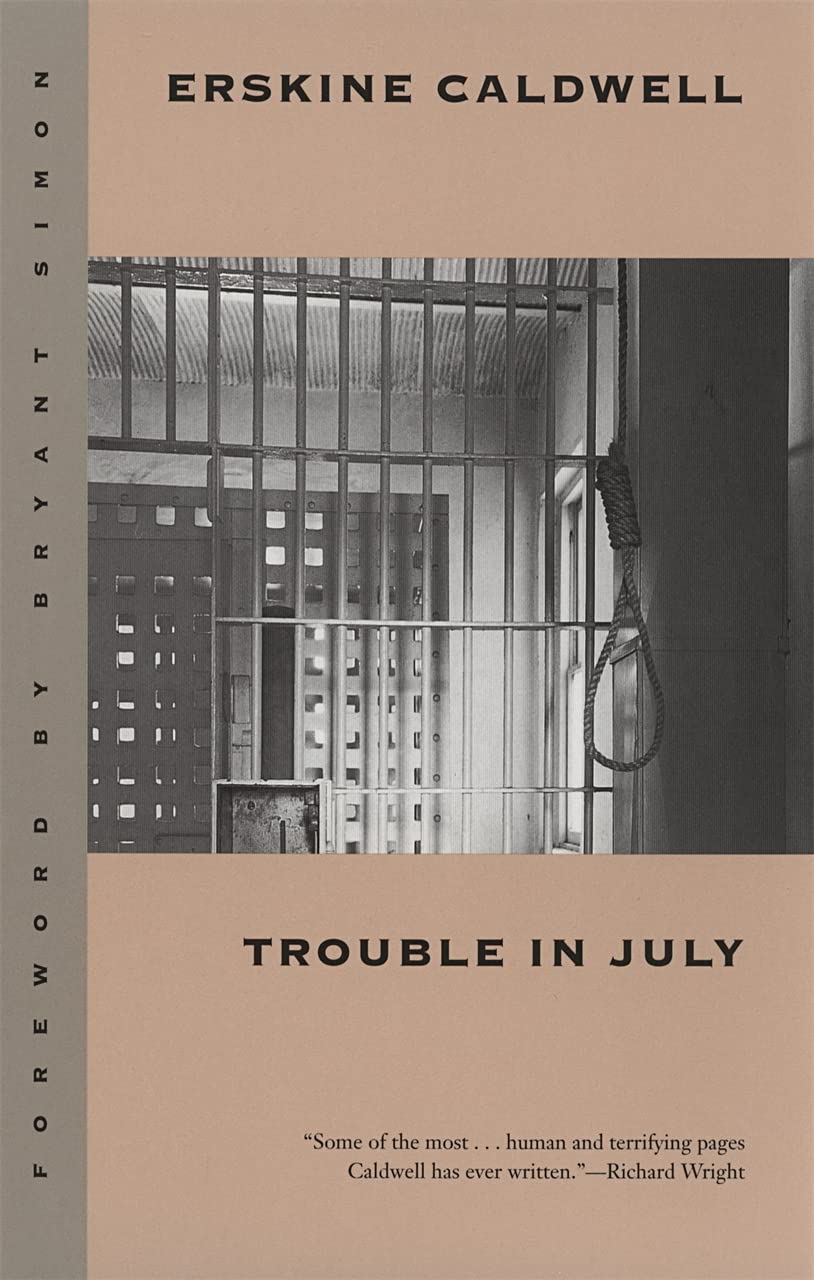What do you think?
Rate this book


272 pages, Paperback
First published January 1, 1940
"Man alive! Shep’s daughter?"Sheriff Jeff was just told that that Sonny Clark had been accused of raping the daughter of the quickest-tempered white sharecropper in the county. For eleven years, the Sheriff worked himself frazzle-assed trying to keep from getting into a mixup like a lynching. The only means he had of escaping from a controversial matter was to go fishing until the whole thing had blown over and quieted down.
"Get me my fishing pole out of the closet."